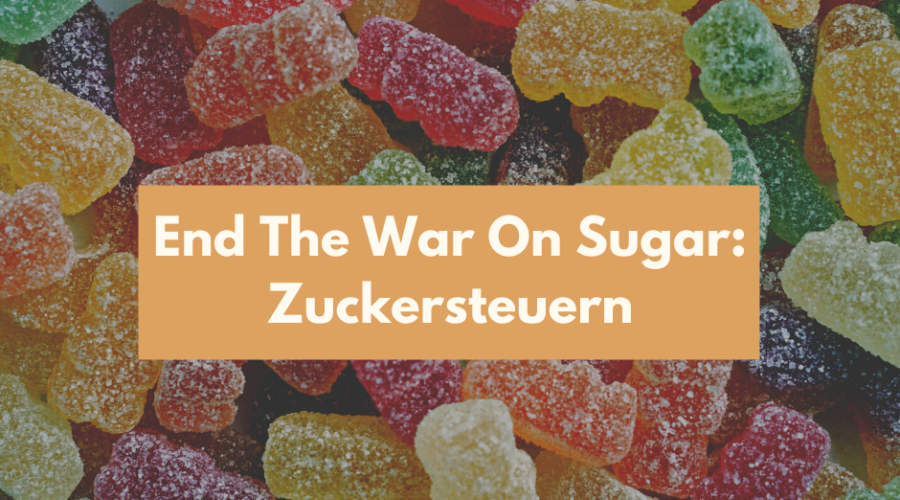How Germany’s new coalition could change the fate of the TRIPs waiver
Since South Africa and India proposed a temporary waiver on the intellectual property shielding COVID-19 vaccines and other interventions more than a year ago at the World Trade Organization, they have acquired broad — and sometimes unexpected — support.
Germany remains a steadfast opponent though. And while other nations such as the United Kingdom and Switzerland have also maintained their opposition, Germany’s hostility to the proposal carries outsized weight.
“The German government until today has been really harsh in rejecting this,” Jörg Schaaber, from the civil society group BUKO Pharma-Kampagne, told Devex. “That has a significant influence on the EU position.” Observers said Germany’s stance helps explain why the European Commission remains opposed to the waiver despite a June vote by the European Parliament to start discussions on the Indian and South African proposal.
Read the full article here










